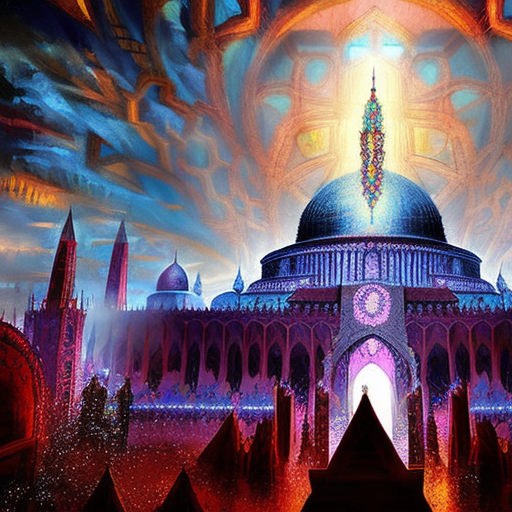One-line Summary:
In “The Dovekeepers,” Alice Hoffman weaves a mesmerizing tale of four extraordinary women who find themselves bound together in a fight for survival during the Roman siege of Masada.
The Story:
“The Dovekeepers” is a historical fiction novel set in ancient Israel during the first century CE. The story revolves around four remarkable women who come from different backgrounds but find themselves united by their shared experiences and the desire to protect their loved ones.
Yael is a young woman who has suffered unimaginable loss and carries the weight of her family’s tragic past. Revka is a fiercely protective mother and grandmother who has witnessed the horrors of war. Aziza is a fearless warrior, raised as a boy to escape the limitations placed on women. Shirah is a mystical and wise woman, skilled in the art of ancient medicine and secrets.
As the Roman army advances, the lives of these women become intertwined within the walls of Masada, a fortress perched atop a mountain. They find solace and strength in each other, forming a bond that transcends their differences. Together, they become the dovekeepers, responsible for tending to the doves that provide food and comfort to the community.
Amidst the chaos and uncertainty of war, the women face numerous challenges. They must navigate the complexities of love, betrayal, and sacrifice while struggling to survive in a world dominated by men. The novel explores themes of resilience, faith, and the enduring power of hope in the face of adversity.
The Siege of Masada:
The backdrop of “The Dovekeepers” is the infamous siege of Masada, a historical event that took place between 73 and 74 CE. Masada was a fortress built by King Herod on a mountain overlooking the Dead Sea. When the Roman army laid siege to the fortress, a group of Jewish rebels and their families sought refuge within its walls.
The siege lasted for months, and the Romans employed various tactics to try and breach the fortress. Despite being vastly outnumbered and facing starvation, the rebels held their ground. In the end, rather than surrendering to the Romans, the rebels chose mass suicide. Only two women and five children survived to tell the tale.
The Power of Women:
One of the central themes in “The Dovekeepers” is the strength and resilience of women. The four main characters defy societal expectations and demonstrate their courage and determination in the face of overwhelming odds. They challenge traditional gender roles and prove that women are capable of extraordinary feats.
The women in the novel are not defined solely by their relationships with men but are complex individuals with their own desires, dreams, and flaws. They support and uplift each other, forming a sisterhood that becomes their source of strength. Through their stories, Hoffman celebrates the power of female solidarity and the indomitable spirit of women throughout history.
Key Takeaways:
- The power of female resilience and solidarity in the face of adversity.
- The importance of finding strength in community and supporting one another.
- The enduring impact of historical events and the stories of those who lived through them.
“We are the women of Masada. We are the keepers of the doves. We are the daughters and the granddaughters and the great-granddaughters of those who chose to die rather than live in slavery. We are the women who have survived.”
In “The Dovekeepers,” Alice Hoffman masterfully brings to life the stories of four extraordinary women who find themselves bound together in a fight for survival. Through their experiences, the novel explores themes of resilience, the power of female solidarity, and the enduring impact of historical events. It is a captivating and poignant tale that reminds us of the strength and courage that can be found in the most challenging of circumstances.












